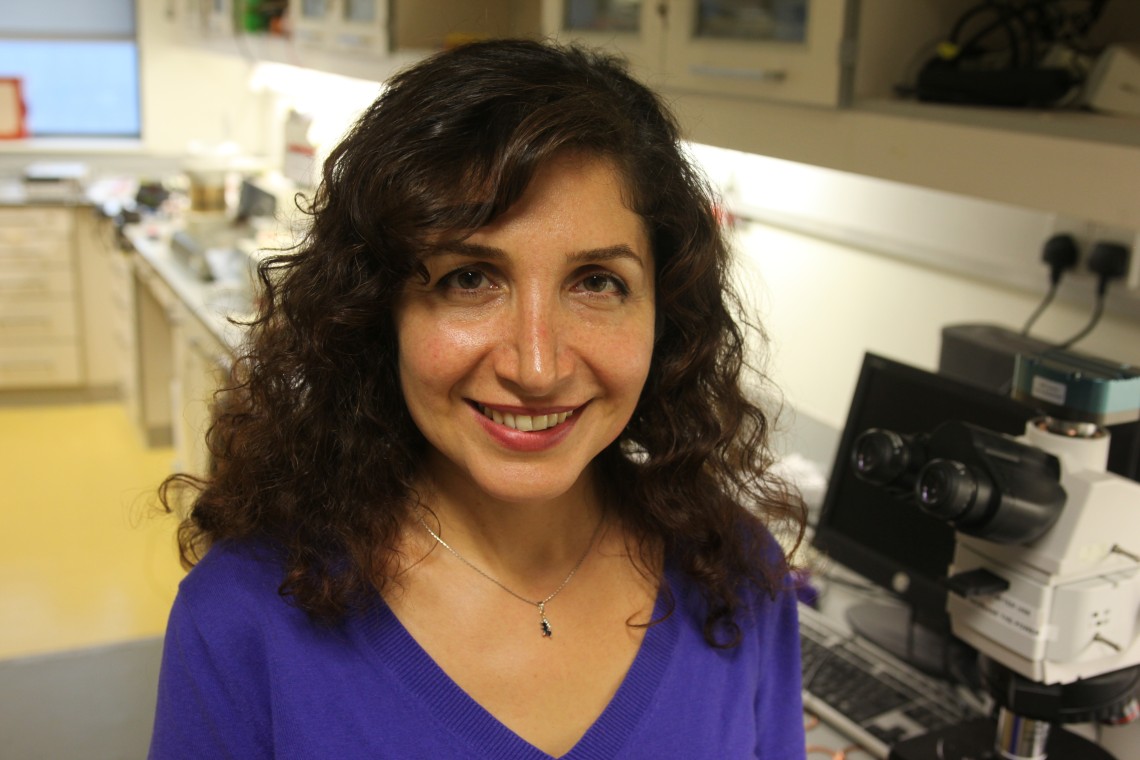Trinity’s Advanced Materials and Bio-engineering Research (AMBER) has been chosen to lead a new €8.2 million European project that will see the centre work with partners from six European countries.
Funding of €2.1 million will be given to AMBER, the largest amount ever awarded to Trinity for a collaborative project by Horizon 2020. The rest will be divided between other collaborators including multinationals, small enterprises, universities and research centres.
Coordinated by Dr Parvaneh Mokarian, a senior research fellow at the centre, which is funded by Science Foundation Ireland (SFI), it is hoped that the project will lead to breakthroughs in the optics and automotive fields. The project, titled SUN-PILOT (Piloting of Innovative Subwavelength Nanostructure Technology for Optical and Injection Moulding Applications), will run for four years and will focus on the production of anti-reflective, scratch and abrasion resistant surfaces.
The project is being jointly funded by the European Horizon 2020 project and industry collaborators. If successful, the project will see the production of improved anti-reflective surfaces for eyewear, video glasses, image sensors and electronics displays, as well as anti-fingerprint and soft-touch plastic parts, which are often used in the automotive industry.
In a press statement, Mokarian explained that when it comes to devices, “unwanted reflections of light can seriously compromise system performance and effectiveness”. She continued that the current system of protecting against reflections “is not commercially viable” for certain screen types. Looking to reduce the cost of manufacturing these screens by 75 per cent, Mokarian said that the project “will have a major impact for both the optics industry and the automotive industry”.
The project will be be using Mokarian’s surface nano-patterning process, which she developed and patented in AMBER. Developed with the support of Enterprise Ireland Commercialisation funding, Mokarian’s “Zeroptica” technology is advantageous as it is solution based. This allows it be applied to curved surfaces, such as those found on camera lenses, and also large areas. Not requiring a lot of
expensive equipment, it is cheaper than other processes.
Last November, Mokarian was recognised by Provost Patrick Prendergast at the annual Trinity Innovation Awards in the “One-2-Watch” category for her research.
The project will see Trinity make a mark on the highly profitable industry of anti-reflection coatings. It is estimated that by 2021, the industry will be worth more than $6.1 billion per annum. Used for eyewear, electronics, automobiles and image sensors, a cheaper alternative to the current technology is highly sought after across a range of industries.
In a press statement Pablo Soto, Head of the Materials Research Department from Grupo Antolin, one of the multinationals involved in the project, said that the project offers his company “significant value”. One of the largest participants in the international car interiors market, Soto said that “through the implementation of these innovative surfaces in our products, we will be able to provide solutions to the issues associated with the current mobility trends, such as autonomous and electric vehicles”.
Dr Mike Mason, Director of Engineering at Coherent Scotland, another multinational partner in the project, further emphasised the impact on industry. In a press statement, he said that the project has “some very intriguing aspects that we’re enthusiastic about testing”. “As a leading supplier of lasers and photonics-based solutions for industry and science, Coherent is always keenly interested in exploring ways to extend both the reliability and performance of our products”, he explained.







